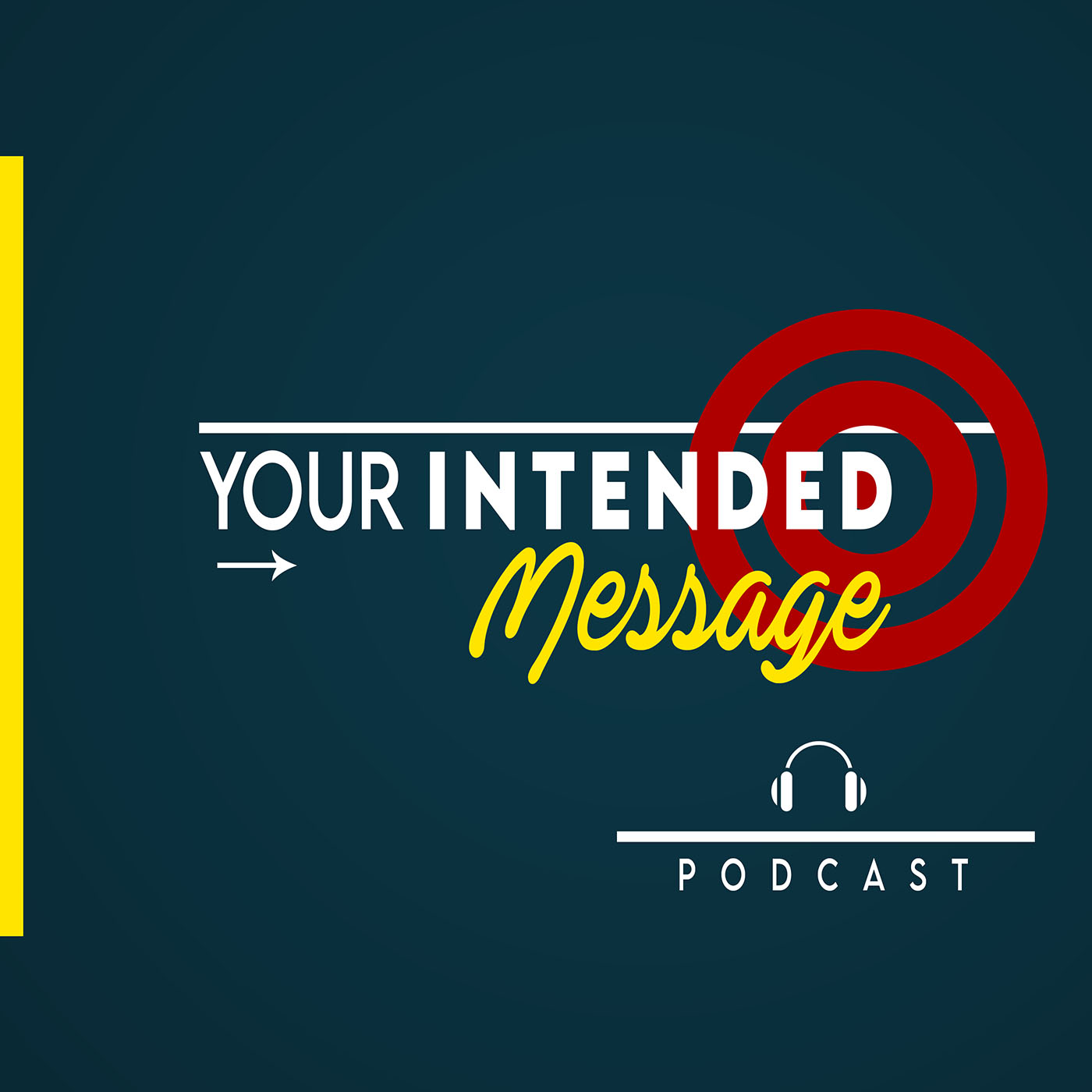
Episode 268 (Mitch is based in New York State)
how cultural values shape communication and decision-making
the hidden “lies” that societies accept and how they influence relationships
why the survival brain reacts faster than the resourceful brain
what “Part X” is and how it sabotages growth
the difference between simple, complicated, and complex problems
how to build resilience by experimenting instead of seeking one perfect answer
why collaboration depends on flexibility in conflict resolution
the four strategies to move from survival mode to resourceful mode
the five powers of the resourceful mind and how to use them
Mitch’s mission to teach 5 million people resourcefulness, resilience, and collaboration
-----
About our Guest, Mitchell Weisburgh:
Mitchell is creator of the Mind Shifting Method, a practical brain-based system built from neuroscience, cognitive psychology, and leadership strategy. He helps entrepreneurs, executives, and coaches rewire their internal operating systems — so they can lead, decide, and scale without burning out.
Learn more about Mind Shifting and how Mitch can help you and your team at:
https://www.mindshiftingwithmitch.com/
https://mindshiftingwithmitch.blog/
-----
Cultural norms shape communication—including acceptable “lies” people tell.
The brain’s survival mode reacts instantly and often overrides resourceful thinking.
Part X—the inner critic—tries to keep us “safe” by discouraging change.
Resourcefulness comes from tapping into the creative, empathetic, and executive functions of the brain.
Resilience is about navigating uncertainty, not finding one “right” answer.
Collaboration requires understanding conflict styles and using flexibility, not force.
Recognizing when you’re in survival mode is the first step to shifting your mindset.
Positive self-talk works best when it’s curious and open-ended, not cheerleader-style.
Distraction and trusted allies can help you reset from emotional overload.
The five powers of the resourceful mind—empathy, exploration, innovation, navigate, and focused action—help guide better decisions.
-----
----more----
In these interviews we will explore presentation skills, public speaking, conversation, persuasion, negotiation, sales conversations, marketing, team meetings, social media, branding, self talk and more.
Your host is George Torok
George is a specialist in communication skills. Especially presentation. He’s fascinated by the links between communication and influencing behaviors. He delivers training and coaching programs to help leaders and promising professionals deliver the intended message for greater success.
Connect with George
www.SpeechCoachforExecutives.com
https://superiorpresentations.net/
https://www.linkedin.com/in/georgetorokpresentations/
https://www.youtube.com/user/presentationskills

 Tackle Wicked Challenges with Human Ingenuity: Ken Tencer
Build Innovation Teams That Thrive in Ambiguity
Human Ingenuity: Clever, Inventi
Tackle Wicked Challenges with Human Ingenuity: Ken Tencer
Build Innovation Teams That Thrive in Ambiguity
Human Ingenuity: Clever, Inventi
 High-Stakes Communication - Crisis or Launch: Angela Betancourt
High-Stakes Communication: Lessons for Leaders
From Crisis to Product Launch: Ma
High-Stakes Communication - Crisis or Launch: Angela Betancourt
High-Stakes Communication: Lessons for Leaders
From Crisis to Product Launch: Ma
 Sales Success Starts with Mindset: Ashely Beck Cuellar
Cold Calling in 2025: Strategies That Still Work
Combining Emotional Intelligenc
Sales Success Starts with Mindset: Ashely Beck Cuellar
Cold Calling in 2025: Strategies That Still Work
Combining Emotional Intelligenc